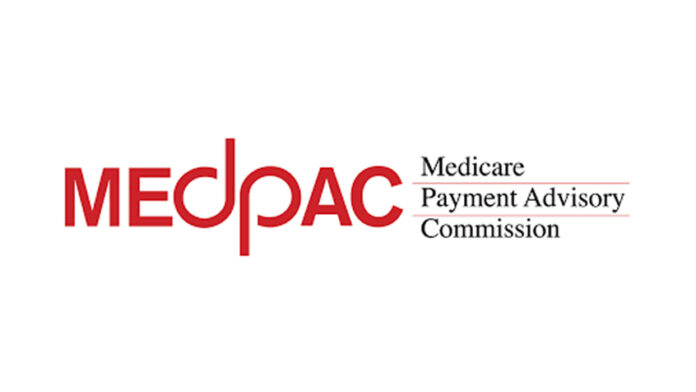The Medicare Payment Advisory Commission (MedPAC) met December 8th to review post-acute provider payment adequacy including Skilled Nursing Facilities (SNFs). This is part of their annual responsibility to make recommendations to Congress. It should be noted that for over a decade they have reported that SNFs are “overpaid” based upon their estimated marginal profit and each year they recommend a cut to SNF rates, which Congress has not enacted. This year’s data shows the average Medicare FFS margin for freestanding SNFs to be 18.4%.
In discussions of the SNF payment adequacy report, several commissioners raised concerns and questions, such as the fact that the Medicare FFS margin for nonprofit SNFs is 1.1% while the for-profit margin is 22.0%. Staff explained that the size of the facility (non-profits tend to be smaller) and staffing costs (for-profits have lower average staffing) were believed to be factors for this differential. In addition, they questioned whether a cut was appropriate at a time where a staffing mandate with unknown associated cost impacts is pending but several supported the recommendation to cut given the reported margin. However, several suggested amending the recommendation to allow SNFs to earn back the 3% through quality performance. The MedPAC chair, Michael Chernew, explained that the proposed cut accounted for the pending staffing mandate and any revised recommendation related to a value-based payment approach would need to align with previous MedPAC recommendations related to a Value Incentive Program.
Disappointingly, Commissioner Robert Cherry suggested perhaps the “savings” from this cut could be used for the increased payment to hospitals. There were many comments indicating that the commission’s current measure of access to SNF services does not accurately reflect the “reality on the ground” and should look at other ways to evaluate. The impact of Medicare Advantage (MA) revenues on access was mentioned repeatedly, with Commissioner Scott Sarran noting that small SNFs can’t say no to “big MA” and walk away from contracts when it is more than 50% of the business. MedPAC staff noted the dearth of MA data currently available but also that they were working on a longer-term project to link MDS assessment data to MA claims data to have a better understanding of utilization and spending for Medicare beneficiaries in Medicare Advantage. It is important to note that MedPAC discussions and recommendations are just that. CMS and Congress are not obligated to act on the Commission’s recommendations.





